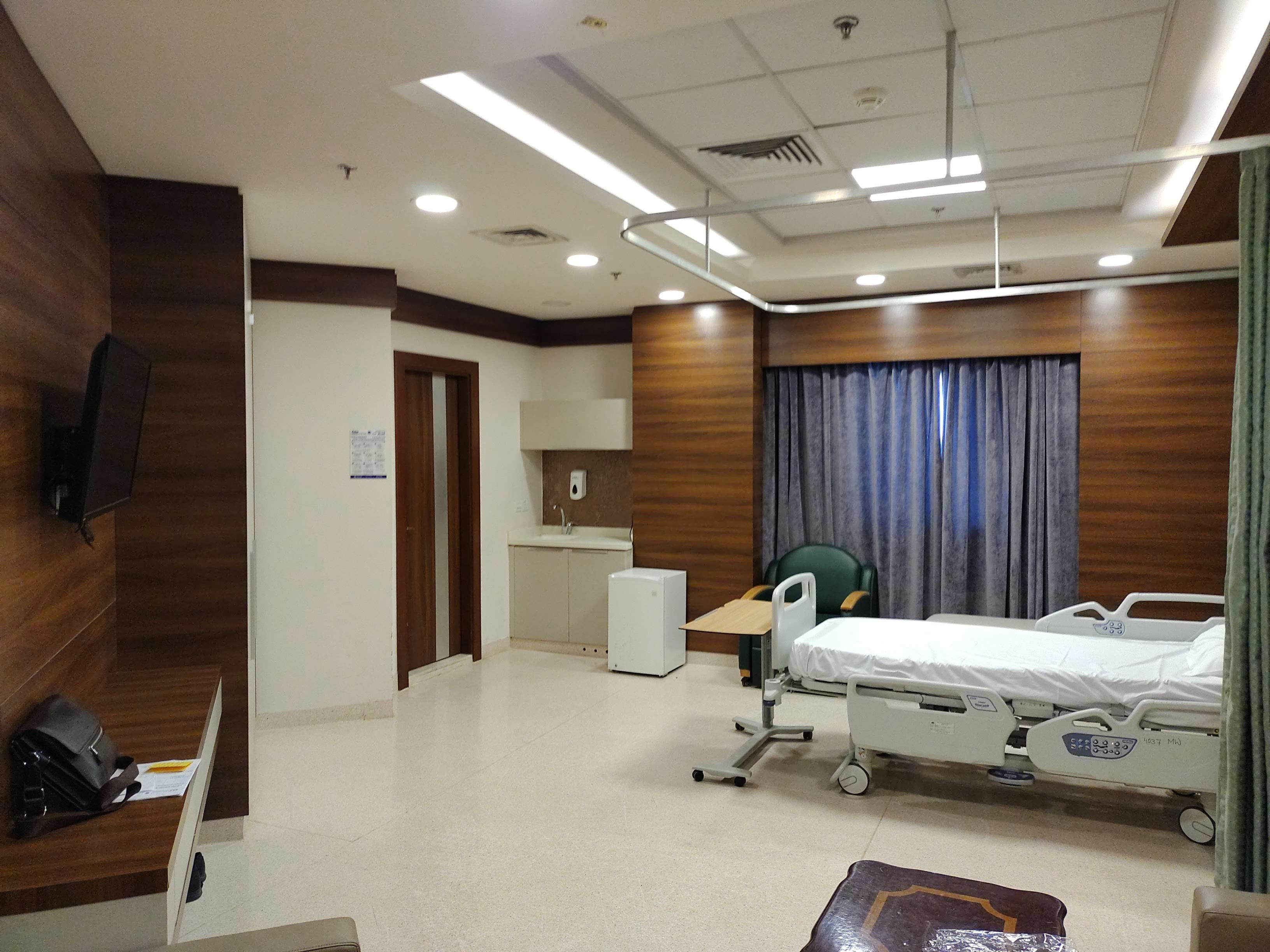News release
From:
Lung cancer is the leading cause of cancer death in Aotearoa New Zealand. Māori are more likely to be diagnosed with non-small cell lung cancer (the most common type of lung cancer), and have lower survival compared with non-Māori. We analysed the use of systemic anti-cancer therapy (which includes treatments such as chemotherapy and other medication-based treatments) for Māori compared with non-Māori to assess if this was a reason for lower survival in Māori. We found no difference in overall use of systemic anti-cancer therapy for Māori patients. However, we did find that Māori were less likely to receive targeted therapy (a type of systemic anti-cancer therapy, which is superior to chemotherapy in appropriately selected patients).



 New Zealand
New Zealand


